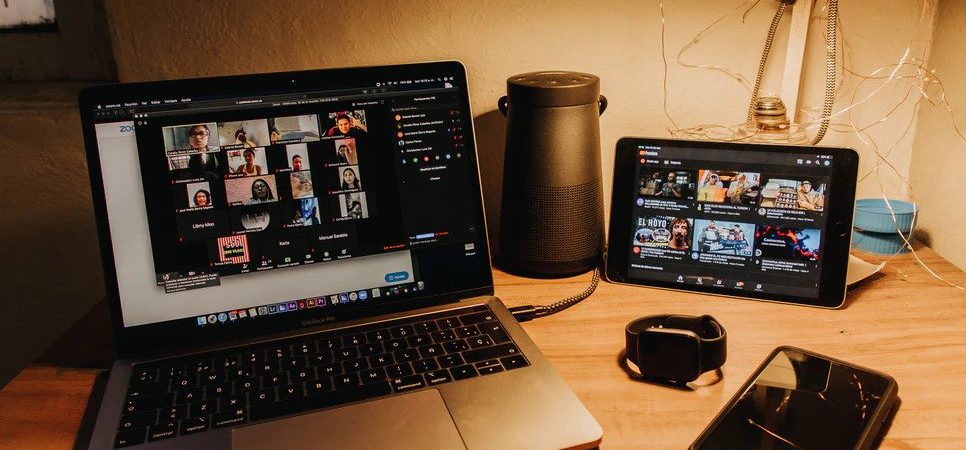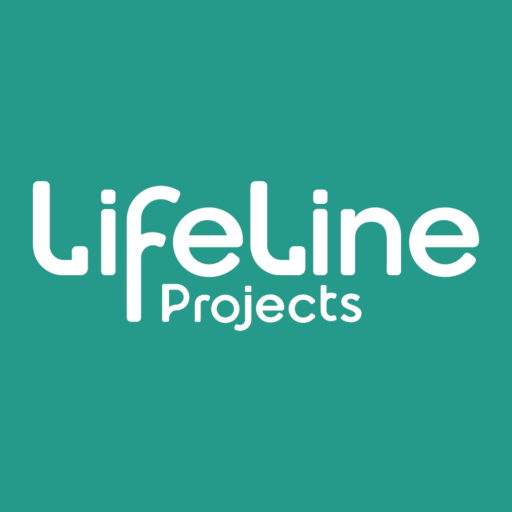

If you had told me seven weeks ago that I’d be spending my afternoon walking around our local parks in the pouring rain, desperately trying to stand as far away from other people as I can, whilst still trying to engage with them… I wouldn’t have believed you. We are in unprecedented times, to say the least. But rather than talk about the things we miss or the struggles we are facing, I want to highlight the amazing work and silver linings that we’ve been seeing throughout this period.
My name is Georgia and I am one of the Youth Development Workers here at Lifeline Projects, working on our SW!TCH Minds programme. My normal working week would be spent in schools during the day, and then afterwards I’d be out in the community taking part in positive activities for our young people.
Although we can’t physically be in the schools for mentoring right now, we all believed that we should still be able to reach these vulnerable families from our homes.
So, what does this look like?
Well, firstly we’ve taken our regular face-to-face mentoring online, conducting sessions with a number of young people either over the phone or by video-calling. We’ve also added responsibly carried-out door-step visits to our approach, which has been not only a great way to check in with our young people, but also a chance to meet their families and see what other support we can offer them. This has been my favourite part about our coronavirus response–everything we do is built around relationship, and being able to meet their families, be more involved in their lives, and have this chance to build a relationship with them too isn’t something we would always get to do!
We’ve also moved our range of weekly positive activities online over social media, where we’ve been working hard at coming up with new ways of engaging young people over the Internet. You can see everything we’re doing on our Instagram–we’re running weekly challenges, posting tutorials, and hosting quizzes and online gaming sessions.
We’ve also been out in the community to support the local authority by engaging with young people who aren’t abiding by the lockdown rules. Walking through local parks and local hotspots, we’ve been collecting information of where young people are gathering and trying to engage with them to get them to comply with the temporary rules.



